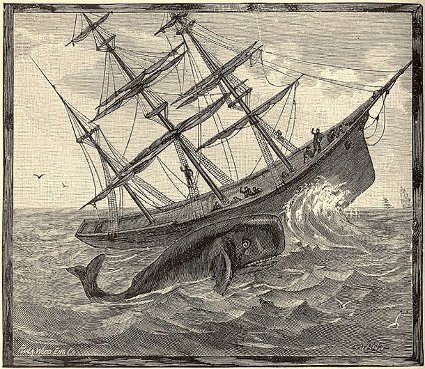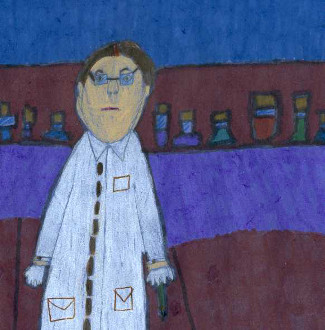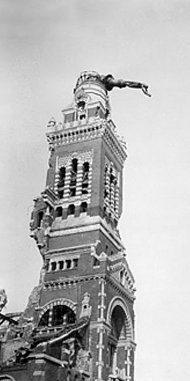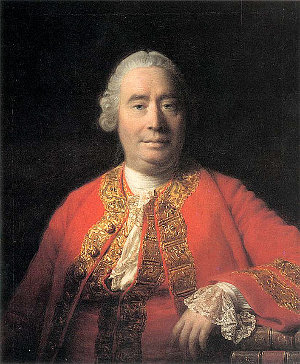
On Nov. 20, 1820, the Nantucket whaler Essex was attacking a pod of sperm whales in the South Pacific when an immense 85-foot whale surfaced about 100 yards off the bow. It spouted two or three times, dove briefly, then charged and “struck the ship with his head just forward of the fore chains,” reported mate Owen Chase. “He gave us such an appalling and tremendous jar as nearly threw us all on our faces. The ship brought up as suddenly and violently as if she had struck a rock, and trembled for a few moments like a leaf. We looked at each other in perfect amazement, deprived almost of the power of speech.”
The whale passed under the ship and lay on the surface, stunned at first and then convulsing. Chase ordered men to the pumps and called back the boats, but as the Essex began to settle in the water a man called, “Here he is — he is making for us again.”
“I turned around, and saw him about one hundred rods directly ahead of us, coming down with apparently twice his ordinary speed, and to me it appeared with tenfold fury and vengeance in his aspect,” Chase wrote. “The surf flew in all directions, and his course towards us was marked by a white foam of a rod in width, which he made with a continual violent threshing of his tail.” The second blow stove in the Essex’s bows, and the whale “passed under the ship again, went off to leeward, and we saw no more of him.”
If this was vengeance, it was well accomplished. The Essex sank more than 1,000 miles from land; of the 21 crew who piled into three boats, only eight would survive, three on a barely habitable island and five after resorting to cannibalism during three months at sea. The whale acquired a further kind of immortality: Chase’s account of the disaster, written on his return to Massachusetts, helped inspire Herman Melville to write Moby-Dick.





